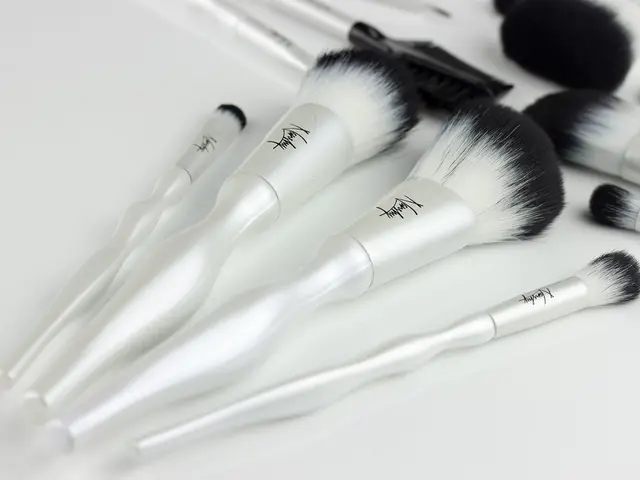Household Solutions for Persistent Skin Itchiness
Hey there! If you're dealing with that annoying itch, don't give in to the temptation to scratch! Here's a lowdown on ways to soothe those itchy irritations without needing a prescription.
Causes of Itchy Skin
Changes in weather, particularly during winter, can cause dry, itchy skin. The dry, cooler air tends to worsen the situation further as you crank up the heat at home which also sucks out more moisture from your skin. Eczema, a common skin condition, may be another culprit, causing red, scaly patches of skin on various parts of your body. Lastly, harsh soaps with antibacterial components or fragrances are sometimes the culprit, drying out your skin even more.
Can Home Remedies Actually Work?
Thankfully, you don't always need a doctor's visit or a prescription for relief! Here are some home remedies worth exploring:
- Use a Humidifier: Running a humidifier at night during winter can help restore moisture to your skin.
- Milder Showers: Although long, hot showers sound enticing during chilly weather, opt for a lukewarm shower instead as the heat can draw out more moisture from your skin.
- Moisturizer: When it comes to moisturizers, look for ones with ingredients like ceramide, helping to restore your skin barrier and lock in moisture.
- Colloidal Oatmeal: No, not the breakfast kind! Colloidal oatmeal can deliver nutrients, vitamins, and proteins to your skin for a soothing effect.
- Cold Press: A cold press, like a cold, damp washcloth or an ice pack wrapped in a towel, can help for spots of eczema or dry skin by decreasing the itch.
- Hydrocortisone and Antihistamines: Over-the-counter hydrocortisone and antihistamines like Benadryl, Zyrtec, and Claritin can provide relief, but they're not the ultimate solution. You'll need other treatments like a humidifier or moisturizer as well.
What Remedies Should You Avoid?
Although some remedies may seem like a good idea, it's best to avoid them:
- Fragranced Moisturizers: Fragrances and dyes in moisturizers can cause more irritation for some than providing relief.
- Aloe Vera: While aloe vera offers temporary relief for sunburns, it might not be the best option for dry, itchy skin due to added fragrances and preservatives for a longer shelf life.
- Apple Cider Vinegar: Apple cider vinegar is acidic and can worsen dry, itchy skin.
When Does Itchy Skin Become a Serious Problem?
If your itching feels all-over,lasts for more than four weeks, or leads to visible rashes, bleeding, or pain, it’s worth speaking to a healthcare provider about. They can help you get treated and on the path to relief.
Remember, these home remedies might not work the same for everyone, but they are worth trying! Stay patient, and you'll overcome those itchy bouts in no time. And hey, always consult a healthcare professional if things get serious!
- The change in weather, particularly during winter, can affect not only our weather forecast but also our health-and-wellness, causing dry, itchy skin.
- For those seeking alternatives to traditional treatments, a balanced diet and fitness-and-exercise routine, along with the aforementioned home remedies, could potentially improve overall skin care.
- In the realm of health news, it's crucial to be aware of the potential negative impacts of certain home remedies, such as overuse of aloe vera which may further dry out the skin due to added fragrances and preservatives.








